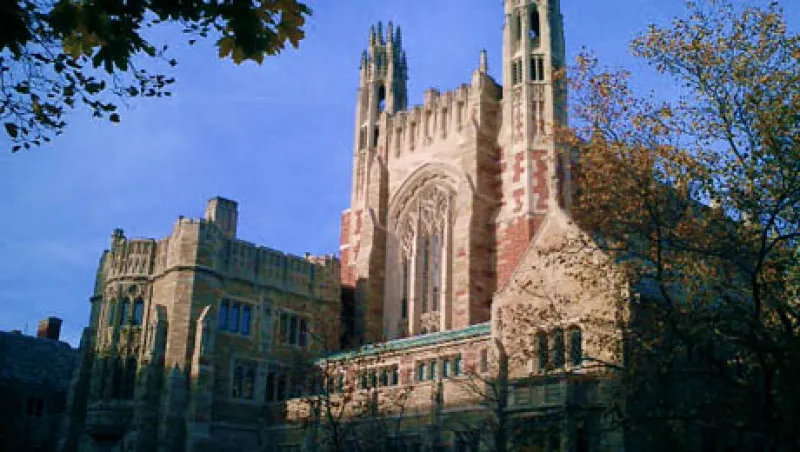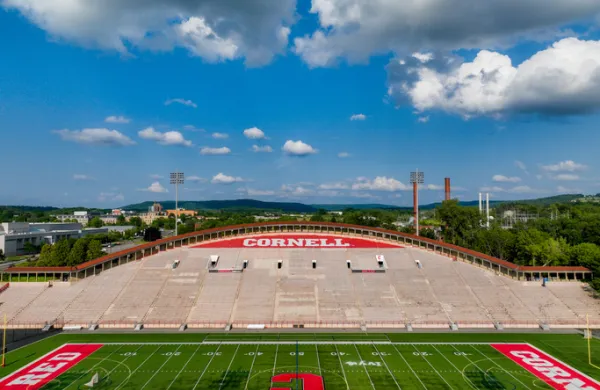A recent survey of institutional investors shows that a few of the rich and famous endowments in the US of A (e.g., Yale and Harvard) are cutting their private equity exposure this year. What gives?
As it happens, I was just reading a new NBER working paper by Morten Sorensen, Neng Wang and Jinqiang Yang that perhaps offers a potential explanation. The paper is entitled, "Valuing Private Equity", and it focuses specifically on whether PE fund investments actually compensate LPs for bearing the risks, illiquidity, and fees charged by GPs.
Here's some blurbage:
"... the LP's total costs of the PE investment, approximately 50% are due to illiquidity, 25% are due to management fees, and the remaining 25% are due to carried interest. In present value terms, when the LP has a total committed capital of $125, resulting in an initial investment of $100, the LP's cost of the GP's compensation is 50.97, and the LP's cost of illiquidity is 40.48. Hence, GPs need to create substantial value to cover these costs."
"We analyze the LP's portfolio-choice problem and find that management fees, carried interest and illiquidity are costly, and GPs must generate substantial alpha to compensate LPs for bearing these costs. Debt is cheap and reduces these costs, potentially explaining the high leverage of buyout transactions. Conventional interpretations of PE performance measures appear optimistic. On average, LPs may just break even, net of management fees, carry, risk, and costs of illiquidity."
So, most PE fund investments aren't worth it. Perhaps that explains the some of the lack of interest in this asset class as of late...






